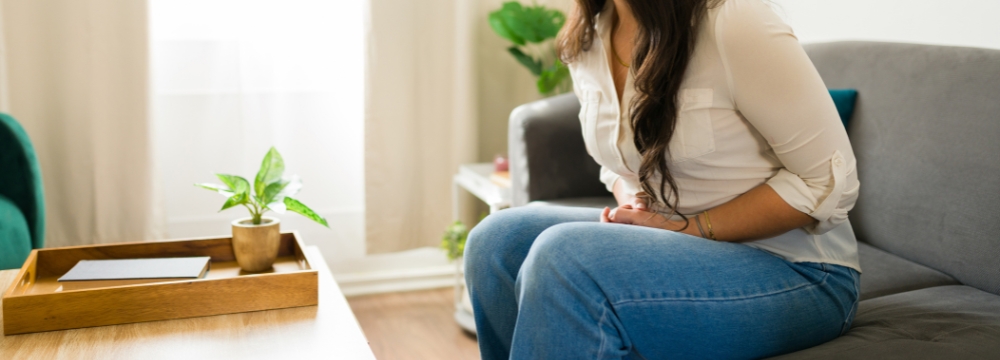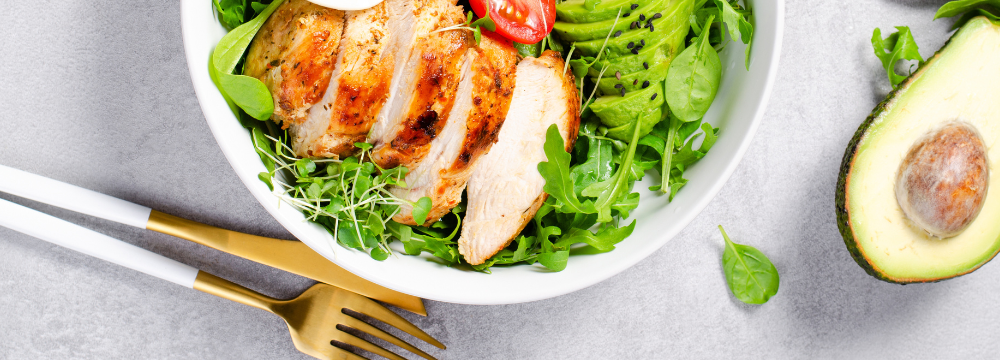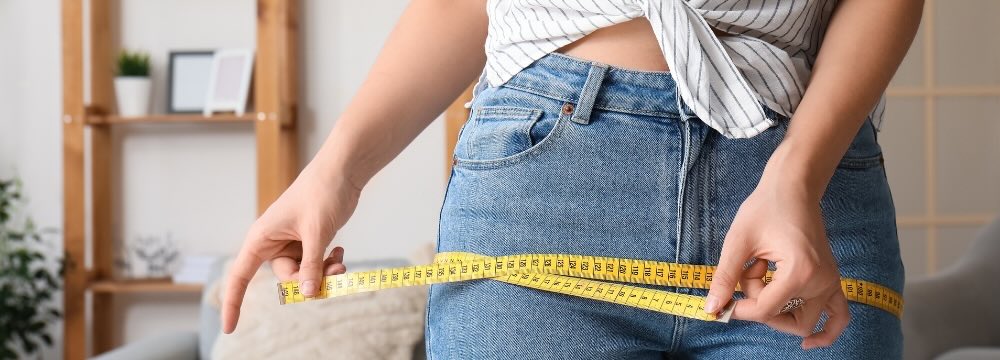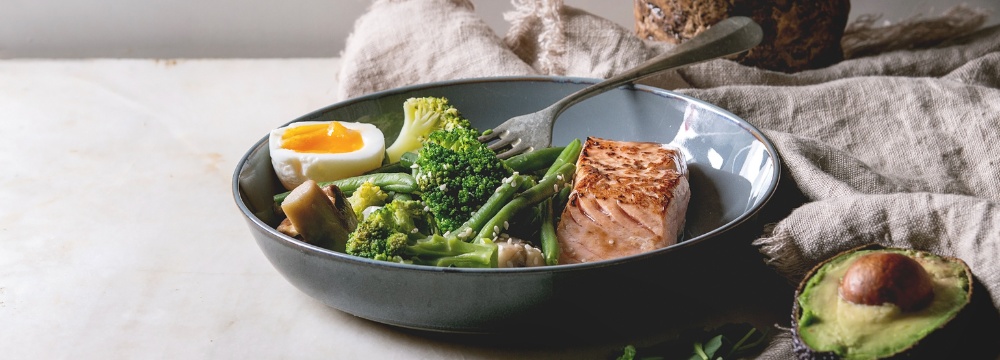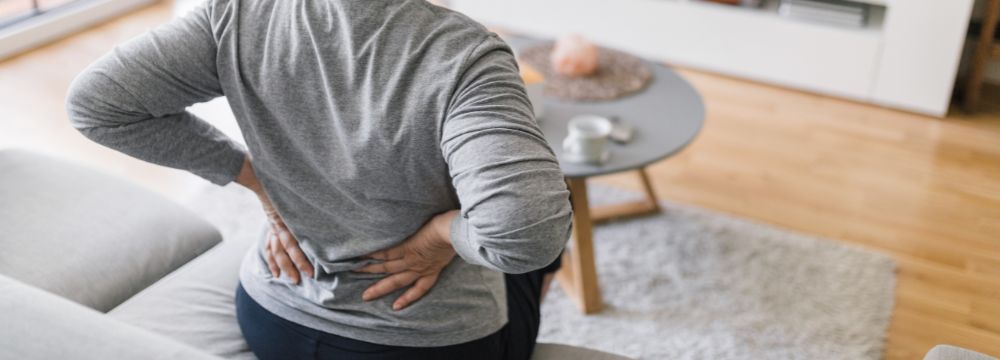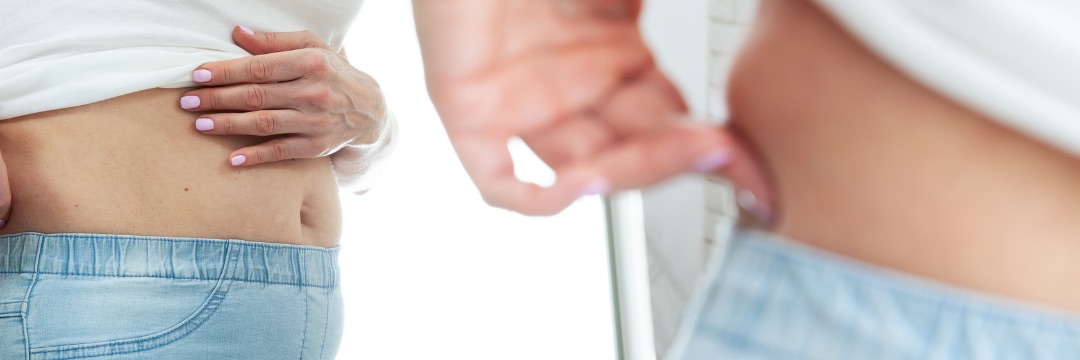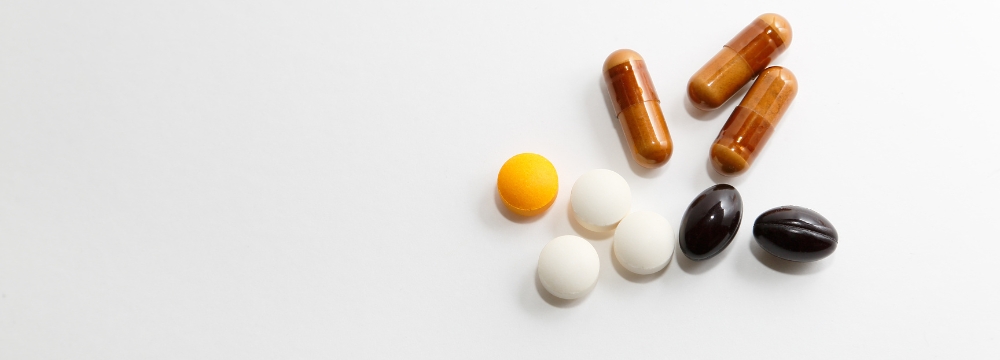
Our modern diets have shifted away from fiber-rich complex carbohydrates, including whole fruits and vegetables. They have been largely replaced by highly processed foods and those with little fiber content. The result has been problematic with levels of excess weight and obesity reaching record highs and significant problems stemming from an imbalanced gut microbiome, including insulin resistance and worsened colorectal problems like diverticulosis/diverticulitis, irritable bowel syndrome, and more. There are trillions of microbes in our guts (more than the number of cells in our bodies!) most of which are very beneficial. However, to function correctly, they require a proper diet. Once that balance is lost, some beneficial bacteria may give way to harmful bacteria that can cause metabolic problems.
What’s So Essential About Fiber?
Fiber is a compound in many wholesome foods that pass through the stomach and small intestine eventually scraping the colon walls to collect waste and form a bowel movement. Not only does fiber keep our bowel movements regular and avoid loose or hard stools but it also keeps us full longer. Fiber is essential to our gut health and minimizes the risk of many diseases that today are, unfortunately, more common than ever.
How Do I Take Fiber?
Ideally, fiber would be consumed sufficiently throughout your diet including complex carbohydrates like oatmeal or whole fruits like raspberries and apples. Legumes and beans like lentils and black beans also contain plenty of fiber. However, many of us do not eat enough fiber to reach that magic 30g daily mark recommended by the America Heart Association. If that’s the case, you should consider a fiber supplement. These supplements can boost fiber intake to reach, our daily requirements. However, there are some important considerations when supplementing.
Start Slow
Fiber supplements come in several forms including a soluble powder that can be added to protein shakes or virtually any drink and pills or gummies that can be chewed and swallowed. No matter what kind of fiber you choose, start introducing it slowly into your diet. If your system is not used to this increased intake, you can become bloated and gassy as the bacteria in your gut work overtime to adapt. We suggest starting with a half dose for a week and gradually building to the full dosage. Most importantly keep going if you feel slightly bloated or if you experience gassiness. This will pass as your body gets used to it.
Drink Plenty of Water
Fiber creates bulk, and water allows that bulk to pass through your GI system smoothly. You should drink plenty of water along with your fiber supplement intake. Staying hydrated throughout the day is also important as your colon absorbs significant water to form solid fecal matter. Taking a fiber supplement without drinking lots of water can lead to hard stools and constipation. Of course, this negates some of the benefits of a high-fiber diet since constipation can worsen several colon-related issues not least of which is diverticulitis or any of several anorectal concerns. If you’re wondering how much water to consume daily, the minimum recommendation is 64 ounces. That’s 8 cups. This should be consumed slowly and consistently throughout the day from morning until night.
Don’t Rely on Supplements Alone
By taking a daily fiber supplement, you may feel more full and have regular and well-formed bowel movements. However, getting fiber from the foods you eat every day is still crucial. This is not only the best way to get it, but no fiber supplement alone will be enough for your daily needs. Further, if you are eating foods that are rich in fiber, you are likely not eating as much processed food, and of course, this can help your gut and your weight.
Is There the Best Time to Take a Fiber Supplement?
The short answer is that you can take the fiber supplement anytime during the day. However, to optimize how your body uses it, consider taking your fiber supplement in the late morning to allow the filling effects to influence how much you eat at lunch and dinner. You may also wish to take your fiber separately from other pills and supplements. If you take your medications in the morning, favor your fiber supplements in the afternoon or evening and vice versa.
When Should I Not Take Fiber Supplements?
There are times when you should avoid fiber supplements, and these can be discussed during a consultation with a specialist like Dr. Quatrino here at SAMPA. Certain colorectal diseases, like diverticulitis, caused partly by a low-fiber diet, paradoxically require low fiber intake to be treated. If you experience significant stomach pain, constipation lasting more than a few days, or rectal bleeding, stop taking your fiber supplement and call your doctor. We will discuss dietary restrictions along with your treatment plan.
The Fiber in Bariatric Patients
Adequate fiber consumption after bariatric surgery is problematic because of the smaller size of the stomach and the limited amount of food you can eat. In the first several weeks after bariatric surgery, you will likely not be able to get nearly as much fiber as you will later in the process. Most importantly, follow your post-op dietary guidance closely, as this is optimized for your new reality after surgery. In long term, most bariatric patients will need to supplement. This can be achieved with bariatric-specific fiber products like the ones we recommend from Bariatric Advantage. This guidance will be spelled out in your post-operative instructions. Still, if you need help consuming enough fiber, we encourage you to bring this up with your surgeon at a follow-up appointment or one of our support groups.
Is There a Best Form of Fiber?
Fiber supplements come in gummies, pills, and powders. These options are all good, and the most crucial consideration is how much fiber you receive. Check the nutrition label to see the fiber content and go from there. We suggest taking fiber regularly / daily to allow your body to adjust and receive the most significant benefit.
The Bottom Line
Fiber supplements are not the cure-all for colorectal issues and excess weight but are an integral part of a healthy diet. You risk potential gastrointestinal concerns and developing or worsening some colorectal diseases without proper fiber intake. Of course, if you are already experiencing problems in your lower GI tract, it is critical to see your primary care physician and a colorectal specialist like Dr. Quatrino. Catching colorectal issues at their earliest stages offers the best treatment options while minimizing the potential for worsening the condition. To schedule a consultation, please get in touch with our office, and we look forward to helping you with any colorectal concerns you may have.


